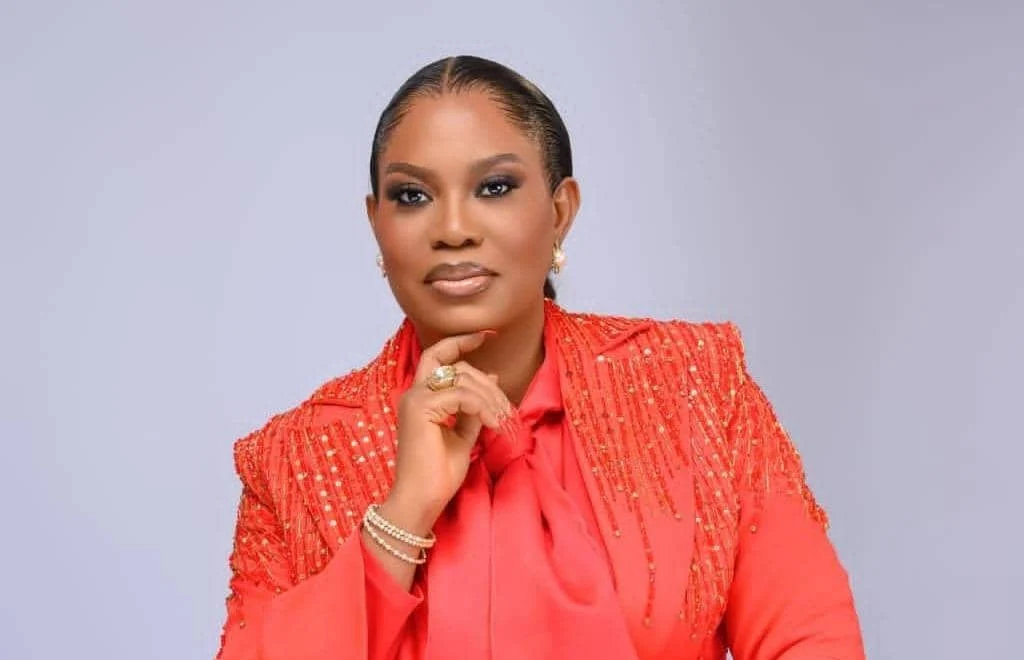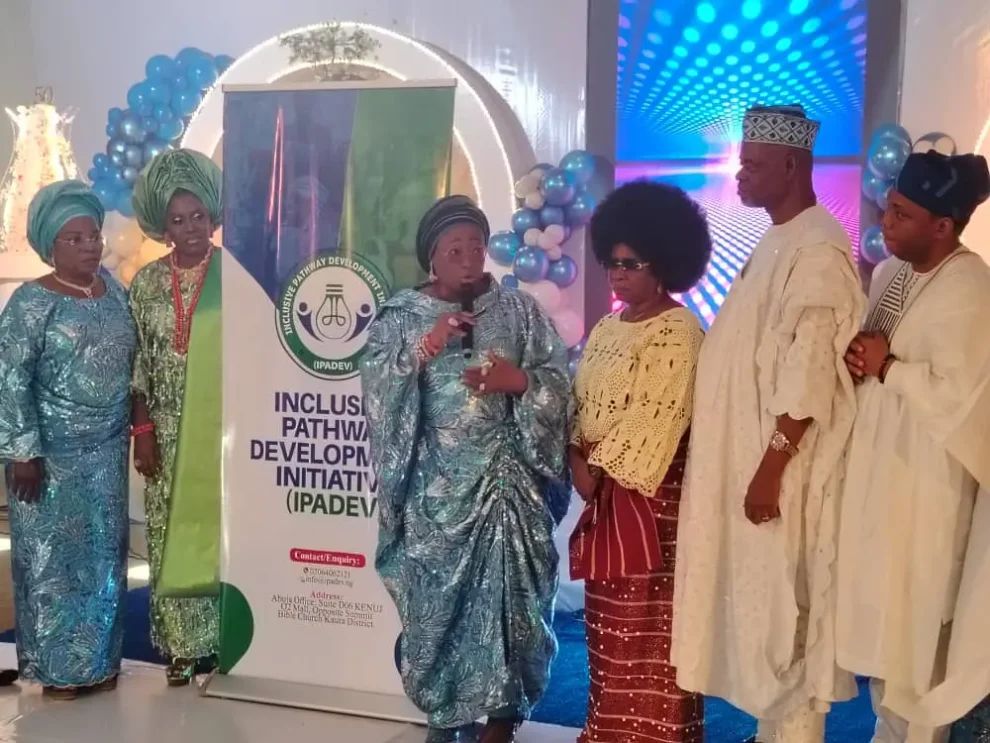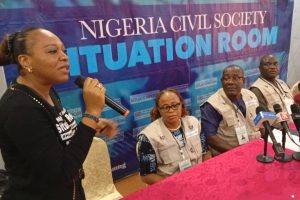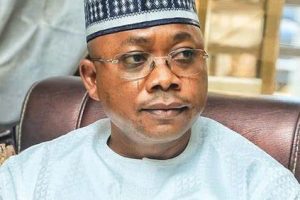Abuja, Nigeria – A prominent Nigerian development expert, Margaret Fagboyo, has passionately advocated for inclusive governance and greater equality for women in the country, stressing the need for women to have a rightful place at the decision-making table. Her remarks came as she launched her new non-governmental organisation, IPADEV, signalling a renewed commitment to social development in Nigeria.
Mrs. Fagboyo, formerly a regional head for DFID Nigeria, emphasised that her new initiative, IPADEV, is driven by the principle of “leaving no one behind,” a core tenet of the Sustainable Development Goals. She stated her ambition for IPADEV to be a leading voice for gender equality, inclusion, and accountability, ensuring that “the old, the women, the young, the people living with disability can also engage and contribute and also benefit from the society.”
Push for Special Seats in National Assembly
A key focus of Mrs. Fagboyo’s advocacy is the push for special seat reservations for women in Nigeria’s National Assembly. She expressed strong support for the proposed bill, which seeks to create additional seats for women, enabling greater representation. “If you look at countries that are doing well, you will look at how they are treating their women,” she remarked, urging the National Assembly to pass the bill so women can “occupy positions that are meant for them.”

Echoing her sentiments, Otive Igbuzor, a leadership development expert, underscored the severe challenges faced by Nigerian women. He cited indices indicating Nigeria as “one of the worst countries in the world in terms of women empowerment, especially women in leadership positions.” Mr. Igbuzor expressed his expectation that Dr. Fagboyo’s new NGO would join efforts to “push the frontiers of gender equality and women empowerment.”
Veteran civil society activist Ene Obi also welcomed Mrs. Fagboyo’s new venture, particularly at a time when discussions around gender equality and the inclusivity of women are paramount. Ms. Obi highlighted the stark reality of what she termed a “male parliament in Nigeria,” noting that in 14 states, there are currently no women at all in the House of Assembly.
Ms. Obi further elaborated on the “special seat bill,” explaining that it aims to bring in around 74 more women, including potentially reserving one senatorial seat in every state for women to contest, as seen in other countries. She passionately argued that crucial issues affecting women, such as Nigeria’s high maternal mortality rates, cannot be effectively addressed without their direct participation in policy-making. “He who wears the shoes knows where it pinches,” she asserted, reinforcing the idea that decisions must represent those who are impacted.
The launch of IPADEV and the robust discussions around women’s political participation underscore a growing movement within Nigeria’s civil society to address gender disparities and ensure a more representative and inclusive governance structure.





Add Comment